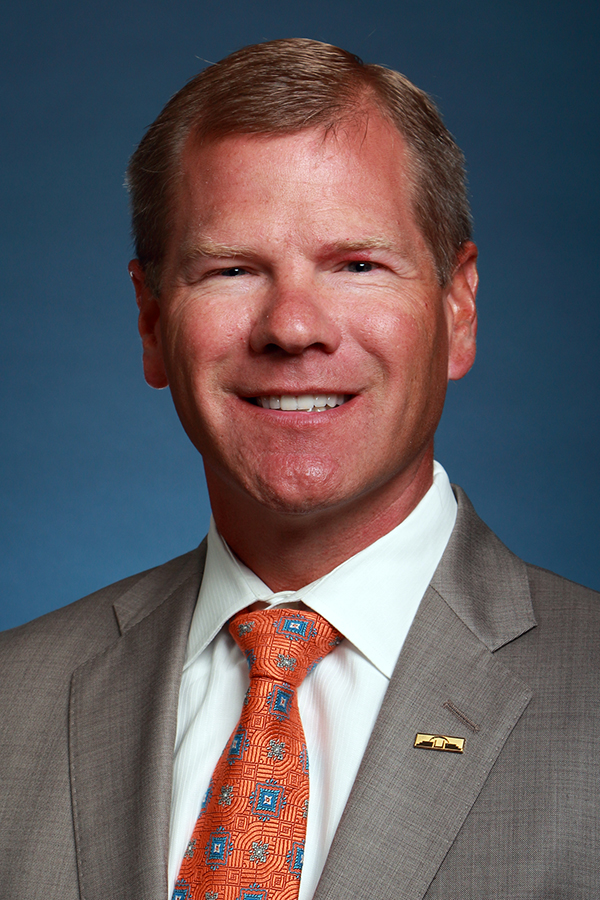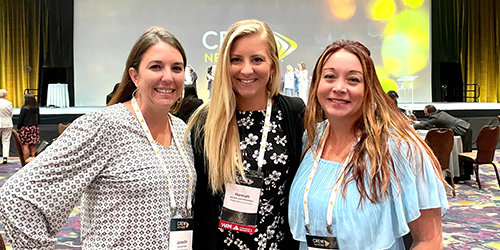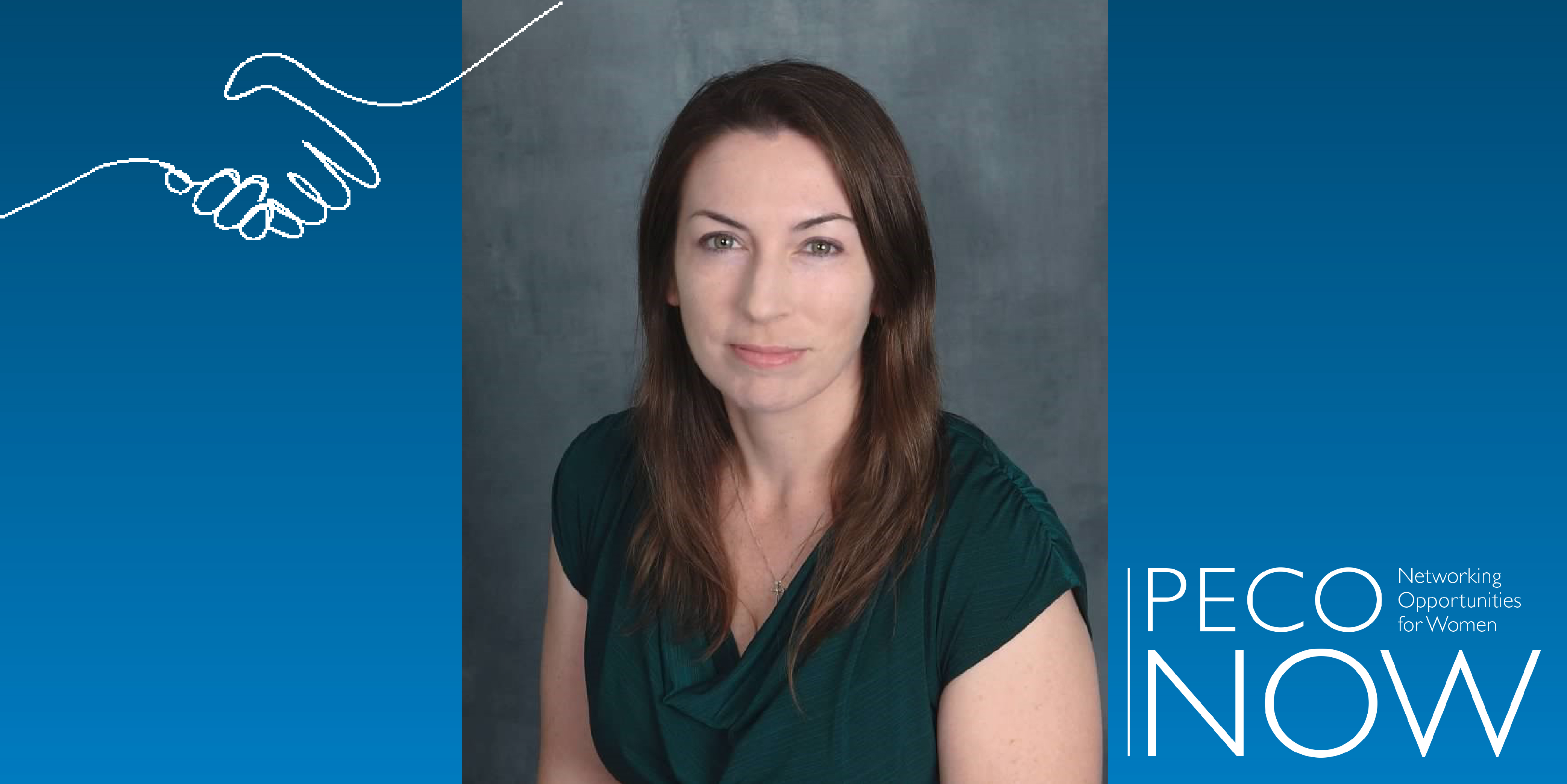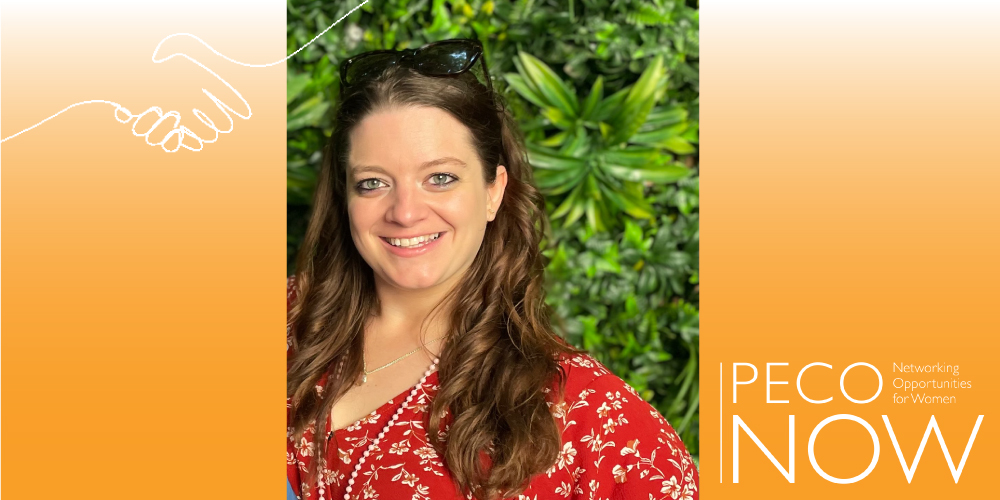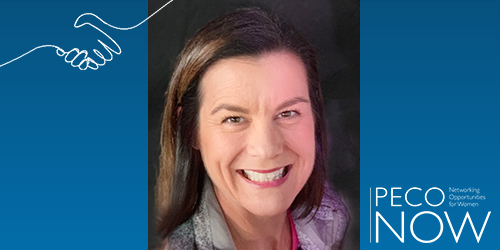As a learning organization, Phillips Edison values the education and development of team members at all levels of the company. We dedicate significant resources to provide continuous professional growth opportunities, and leaders are held accountable for promoting a culture which encourages and supports associate growth. As COO, my direct reports consist of senior level executives, and so I often focus my team’s development on leadership, decision making and communication skills.
In a recent blog post, "The Stories We Tell" , I wrote about my team’s efforts to enhance our decision making processes by examining each issue with an eye toward separating the facts from the stories. In other words, when presented with a problem or a decision to make, we are consciously taking a step back to assess what part of the information in front of us is factual and what part consists of opinions and reactions stemming from previous experiences.
This work has led us to explore the concept of “triangulation”. Simply put, triangulation is an issue where one person will not communicate directly with another person, instead using a third person to relay communication to the second, thus forming a triangle. The challenge with triangulation is that incorrect information can be conveyed or the message may not be communicated at all. Forcing all parties to tackle the problem together often reveals new information and uncovers the true issue at hand.
Refusing to allow triangulation by demanding that all team members be present for a conversation regarding their work gives managers the opportunity to more quickly resolve the issue while building stronger team rapport. Managers can earn a higher level of trust not only between themselves and their team, but also between associates, by demanding open and honest communication. This kind of direct discussion also frequently leads the team to identify the underlying issue which can be resolved to prevent future conflict.
My team and I have made a commitment to always “complete the triangle” and demand that our teams do the same. Excellent teams that generate superior results require, at their core, trust and open communication. We consistently promote this by never allowing a discussion to continue without all parties present and all stories heard.
Gather all of the facts. Separate out the stories. Make sure you are addressing the real issue and make decisions based on the facts. Close the triangle and you will have a cohesive and trusting team capable of acting on the decisions you make.
Published On Feb 27, 2017
in Leadership & Development

